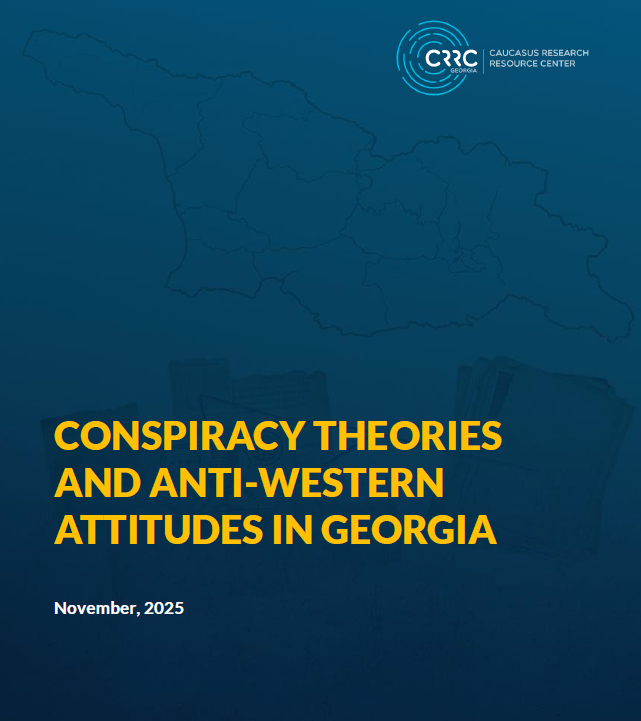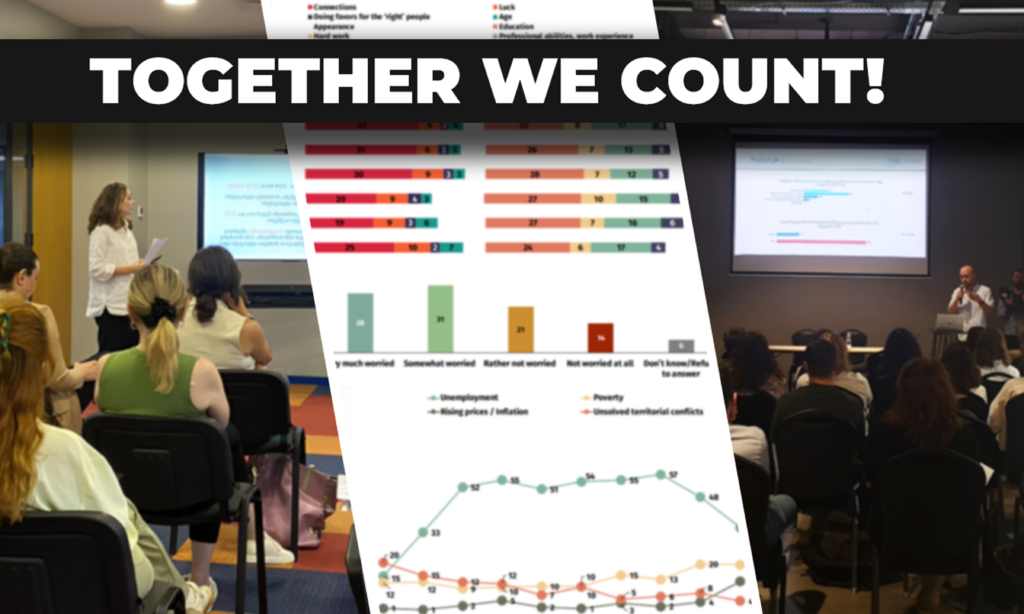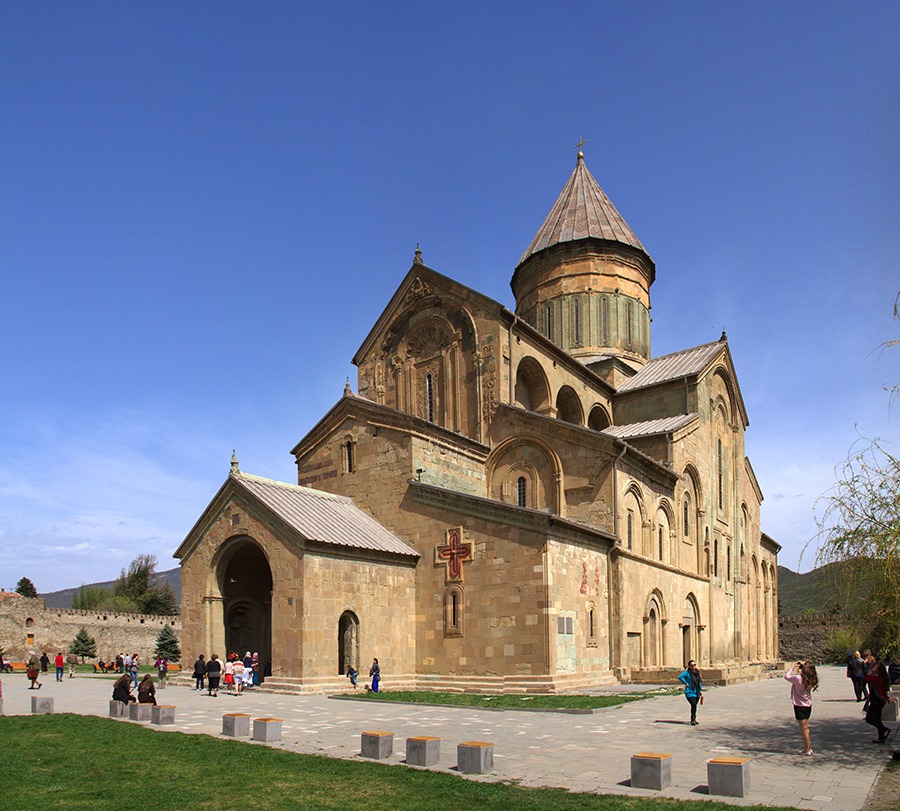The question in this survey asked the respondents to name up to 3 most important issues facing Georgia without ranking. This methodology is different than that used in the Caucasus Barometer where respondents are asked to indicate the most important issue facing the country.
In contrast to the Georgian view, the EU sees the cases of Abkhazia and South Ossetia as regional issues with broader security implications, rather than as internal Georgian problems. Many academic circles in the EU and USA suggest a policy of “engagement without recognition” towards Abkhazia and South Ossetia. For example, in the 2010 October edition of the Washington Quarterly, Lincoln Mitchell and Alexander Cooley wrote that “pledging enduring support for Georgia’s territorial integrity is somewhat meaningless” because the more both breakaway regions are pressured to choose between Tbilisi and Moscow, they will choose latter. According to them, the more these areas are isolated by the international community, the more likely they are to increase their dependence on Moscow. In addition, the European Union Institute for Security Studies suggests that the “engagement without recognition” policy might be beneficial for Georgia as well because it does not question Georgia’s territorial integrity, nor does it force Georgia to recognize the self-proclaimed independence of both regions.
How do you think Georgia should deal with its “breakaway” territories?
Which way to go?









